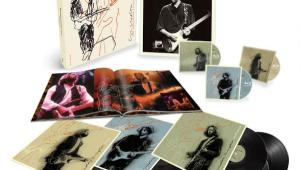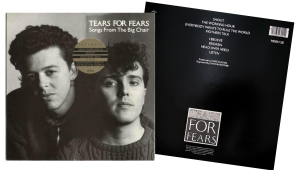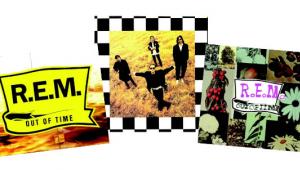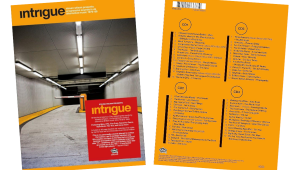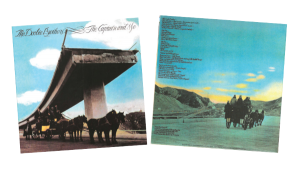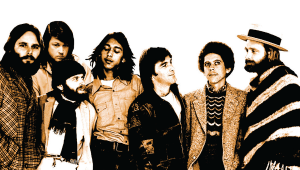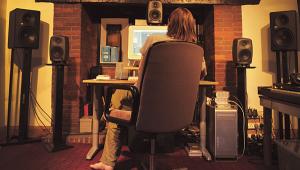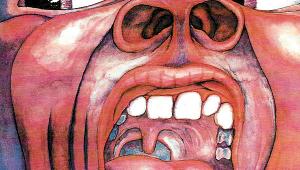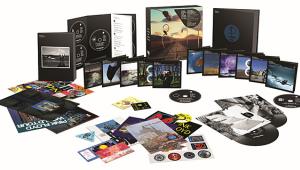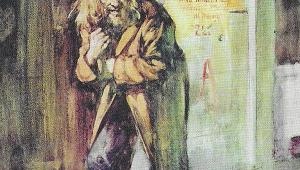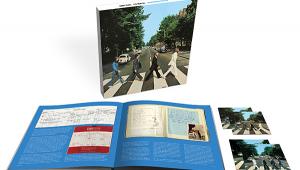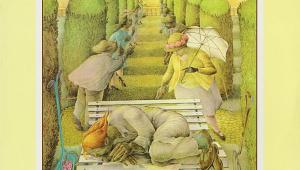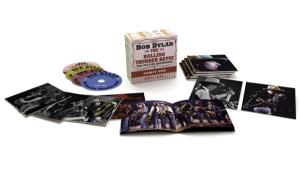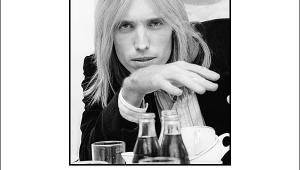The S+V Interview: Brann Dailor of Mastodon

The last few Mastodon records have been fairly complex, concept-driven pieces, with very long songs, but The Hunter (Reprise) has more of a whiz-bang, rough-and-ready vibe and sonic character. Was it the result of prog fatigue?
We wanted something a little more stripped down, and a little more fun — in other words, quick rock songs. A lot of serious life things were going on when we started writing that were making things very difficult, especially losing [guitarist/vocalist] Brent Hinds’s brother, who had a heart attack while on a hunting trip. [The album is named The Hunter in his memory.] Normally when we start writing and recording, it’s a frustrating and difficult task that we create for ourselves, and man, it gets stressful there in that room. It’s a rollercoaster ride. One day everything is great and everything fits together, and the next we’re bashing our heads against the wall, ultimately making things a lot more difficult for us to play live. This time around, there was so much going on outside the band that we wanted to make the practice space the least stressful thing in our lives and leave the difficult stuff outside — y’know, have fun, and not worry all the time. We’d ask each other, “Is this too simple?” “No.” So we’d do “Curl of the Burl” in 15 minutes. Done.
We set out to be spontaneous. We would always add extra parts here and there to make sure they weren’t easy to play, but this time we left a few of those out. The Hunter still has a lot of depth, but it’s more to the point. It was like we had a bit of a backlash on our usual methods, which usually include making everything harder to play and produce. We’d played [2009’s] Crack the Skye live all the way through for 2½ years, and it was an extremely difficult album to reproduce. It was very hard in terms of its vocal aspects, and to start in on that every night — well, it was a serious chore. For this one, we were like, “Can we just rock out and not make everything so damn difficult this time? Please?”
Your drums sound great here, pillowy and pummeling at the same time. The producer, Mike Elizondo, is mainly known for hip-hop albums. Is that where this approach came from?
Not exactly. Actually, I always wanted to take a crack at that barking Phil Collins tom-tom sound, so we literally went out and got the same year, make, and model of drum kit that he used, took the bottom heads off, put it up against a wall in the studio, and used the same mikes. We got very nerdy on the whole thing, trying to dial it in and get as close to that classic Phil Collins/Genesis sound as possible. I couldn’t have been happier with the sounds that we got. I was just a kid in a candy store when we started hearing playback on the drums, and I couldn’t stop playing the damn drum kit. What can I say? It made me happy.
Your fans are quite devoted. But I’ve noticed a number of them have raised their eyebrows about “Creature Lives,” which seems to play with ideas and vocal sounds that bands like Death Cab for Cutie, the Flaming Lips, and others are better known for playing.
I wrote it, innocently enough! I knew it was different, but that style of music was very naturally in our wheelhouse, even though it hasn’t reared its head before. We listen to so many different kinds of music that are all over the map, so when I hear that song, I don’t feel that it’s awkward or strange. We just kind of all dug it. I know that it doesn’t sound like old Mastodon, and I do want to produce the brutal, heavy stuff, too — but it’s not there, really. Well, it is and it isn’t. It’s impossible to simply conjure that up when it’s not happening. Look, we could talk all day about what the record should sound like, but at the end of the day, we just start writing, and it takes on a life of its own. We owe it to ourselves to follow our impulses all the way through and not stop midstream because, “Oh, we can’t do this because it’s not what people expect of Mastodon.” That would be ridiculous. If you don’t follow your creativity wherever it leads, then it’s not real, and I think fans can smell it when it’s forced. The music that comes out of us needs to be explored, and then put out. And if people fall in love with it, they’ll do so for the right reasons. Ultimately, we try to make all four of us happy — and believe me, that’s hard enough!
The two extra tracks on The Hunter — “The Ruiner” and “Deathbound” — are great. But I must say, I’ve always loved that you included the instrumental score versions of all seven songs on the Deluxe Edition of Crack the Skye. What inspired that?
There’s always a lot going on in Mastodon songs, especially on that album. So we figured we might as well include versions without the vocals. The way that started was that a TV show wanted to get instrumental versions of some of our songs, and when we heard about it, we thought it was really cool, and we decided that we would offer all of our songs like that. There’s just a lot going on in the music that can be appreciated in a really different way without the vocals. After all, we are a band that writes the music first. We never come in with a vocal idea — it’s always riffs, and we shoot the vocals on top of them. We try to figure out after the fact what kinds of vocal and melody can go over the top of those things. So when you hear the songs without vocals, you’re really hearing them the way we originally wrote them. That’s how we hear all the Mastodon music for the first time.
Finally, congratulations on cracking the Top 10 with this album, dude. That’s an amazing feat for a heavy band in this day and age.
Yeah, that’s pretty cool; I like it! I mean, we’ve been up near there before. Crack the Skye did pretty well in its first week, hitting #11. It’s always been baby steps for us; none of that whirlwind overnight sensation stuff. It’s easier to take it in stride because it’s been happening slowly but surely, and it’s easier to gain perspective that way. We’ve done what we wanted musically, and that comes through to our fans. Even if a new record is not exactly what they wanted, they have to know that we’re not pandering to anybody. The most important thing is that they know we’re playing what we want to play. We’re not going to let anything slip through our fingers that would be commercially embarrassing.
- Log in or register to post comments

